Should You Keep a Praying Mantis as a Pet?
Updated on 05/26/24
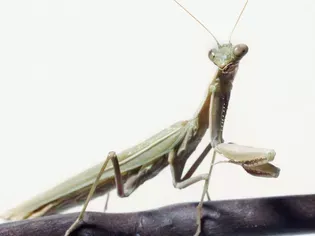
Should You Keep a Praying Mantis as a Pet?
Praying mantises are fascinating creatures that have captured the interest of humans for centuries. With their otherworldly appearance and predatory behavior, they make for unique and captivating pets. However, before you decide to bring a praying mantis into your home, it's essential to weigh the pros and cons carefully.
In this comprehensive guide, we will delve into every aspect of praying mantis care, from their dietary needs to their lifespan. We will also address the ethical concerns surrounding keeping these insects as pets. By the end of this post, you will have the necessary knowledge to make an informed decision about whether or not a praying mantis is the right pet for you.
The Pros of Keeping a Praying Mantis as a Pet
* Low Maintenance: Praying mantises are relatively low-maintenance pets. They don't require daily walks, grooming, or constant attention. You can keep them in a small enclosure with minimal setup.
* Educational: Mantises provide excellent opportunities for learning about insects and their unique biology. Observing their hunting behavior and life cycles can be both educational and entertaining.
* Fascinating to Observe: Mantises are captivating creatures to watch. Their complex movements, predatory instincts, and alien-like appearance make them endlessly fascinating.
* Control Pests: Mantises are voracious predators that can help control pests such as flies, mosquitoes, and small insects in your home or garden.
The Cons of Keeping a Praying Mantis as a Pet
* Short Lifespan: Praying mantises typically have a lifespan of only a few months to a year. This can be difficult for people who bond with their pets.
* Solitary Creatures: Mantises are solitary creatures and do not require companionship like other pets. They may even cannibalize each other if kept together.
* Ethical Concerns: Some people question the ethics of keeping praying mantises as pets. They argue that these insects are wild animals that should not be taken from their natural habitats.
* Can Be Aggressive: Mantises are predatory insects and can be aggressive towards humans if they feel threatened. Their bites, although not venomous, can be painful.
Additional Considerations
Dietary Needs: Praying mantises eat live insects, such as flies, crickets, and mealworms. You must be prepared to provide a steady supply of live food.
Enclosure: Mantises require a well-ventilated enclosure that provides them with space to move around. The enclosure should be at least twice the size of the mantis.
Temperature and Humidity: Mantises are sensitive to temperature and humidity. They require a warm and humid environment to thrive.
Lifespan: As mentioned earlier, praying mantises have a short lifespan. They typically live for only a few months to a year.
Ethics: Keeping praying mantises as pets is a controversial issue. Some people believe that these insects should not be taken from their natural habitats, while others argue that they can be cared for humanely in captivity.
Conclusion
Whether or not to keep a praying mantis as a pet is a personal decision. There are both pros and cons to consider, and it's important to weigh the potential benefits and drawbacks carefully before making a choice. If you are looking for a low-maintenance, fascinating, and educational pet, a praying mantis may be a good option for you. However, if you are concerned about the ethical implications or the short lifespan of these insects, you may want to consider a different pet.
Explore More Pets

Exotic Pet Species
Should You Keep a Chimpanzee as a Pet?

Exotic Pet Species
Should You Keep a Raccoon as a Pet?
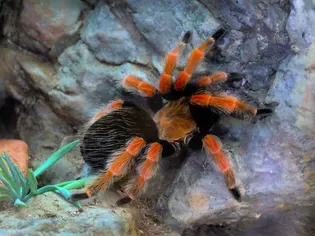
Exotic Pet Species
How to Care for a Pet Mexican Red-Knee Tarantula
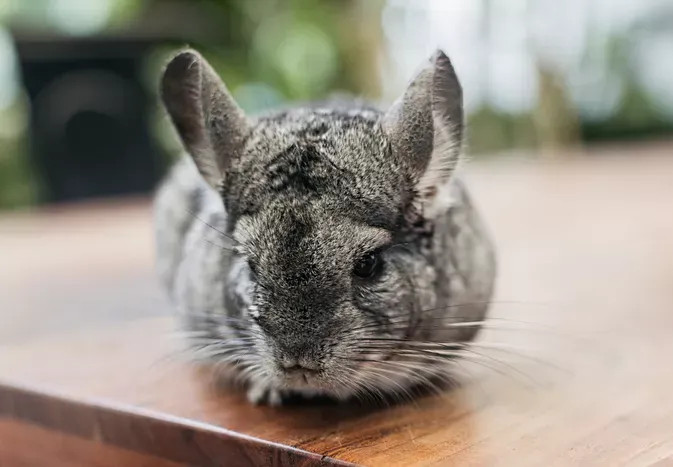
Exotic Pet Species
12 Best Exotic Pets for Apartment Living
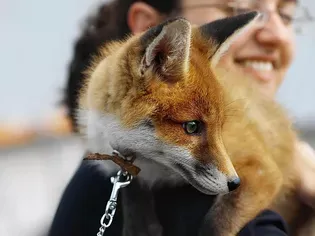
Exotic Pet Species
Best Foxes to Keep as Pets
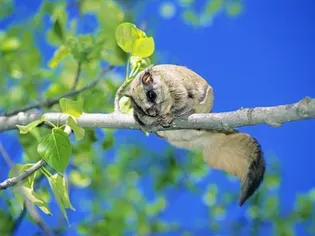
Exotic Pet Species
Should You Keep a Northern Flying Squirrel as a Pet?
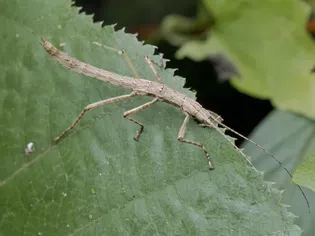
Exotic Pet Species
Should You Keep Stick Insect as a Pet?

Exotic Pet Species
Should You Keep a Big Cat as a Pet?
